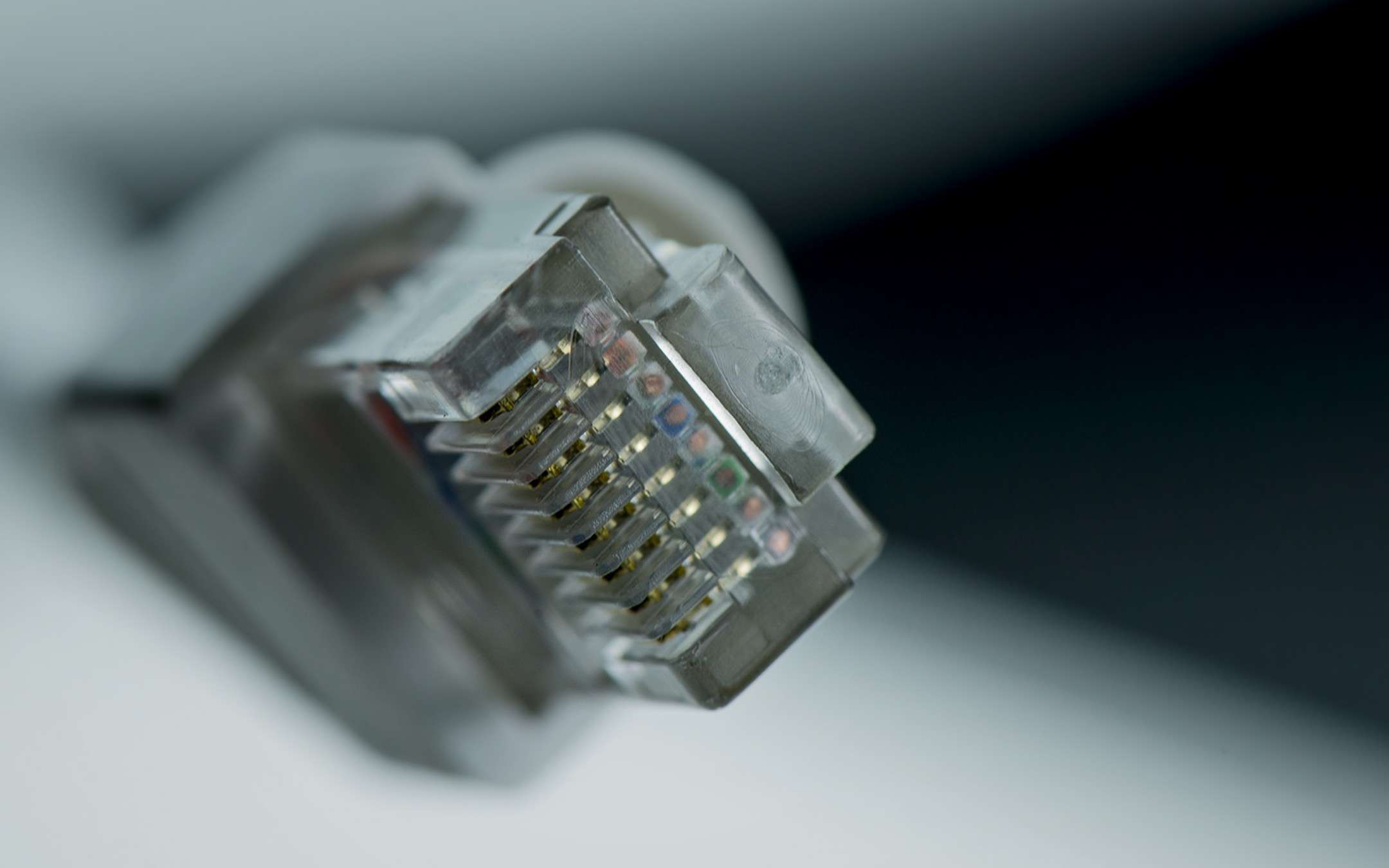
The development of fiber telecommunication networks represents a crucial goal for our country that can be achieved quickly only through the development of healthy dynamic competition. In this perspective, the Authority - recognizing the possible efficiencies of shared infrastructure projects - has launched an investigation to ensure that the agreements in question do not involve unnecessary competitive restrictions and that they provide adequate incentives for the disposal of the old technology of copper networks. .
Antitrust: ongoing study on FiberCop
The goal set by the Antitrust is to verify that on the one hand the FiberCop project is actually aimed at the "rapid modernization of fixed telecommunications “, but on the other hand that it does not create obstacles to competition between operators. The gloss of the Authority's communication seems to be a preventive warning to those who can raise arrows in front of the Guarantor's initiative, a way to reject any suspicions in the bud:The Authority, already on the occasion of the creation of the FlashFiber company, showed a wide awareness of the pro-competitive potential of co-investment projects, authorizing the project with remedies such as to guarantee the achievement of appreciable efficiencies, without however, compromise the infrastructural competition between the various operators.
As if to say: the Antitrust is aware of the potential advantages and does not want to undermine the ground for the project, but at the same time there is an institutional duty of control since the interests at stake are large and varied. And everyone must do their part.
Source: AGCM